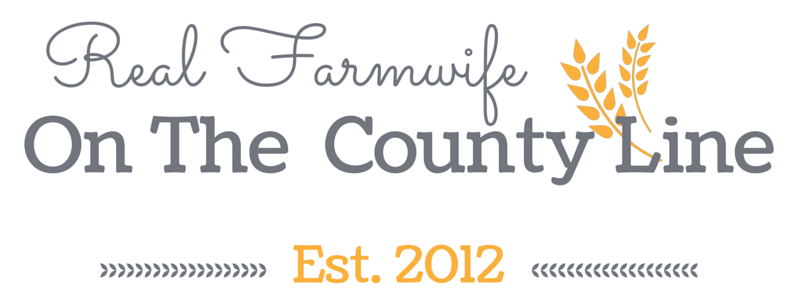Going Green
“Going Green” on a farm isn’t limited to John Deere tractors. Let’s think about sustainability.
We could say that sustainability encompasses how humans live, how industry and agriculture function, and how ecosystems are affected by this activity.
I realize this is a vast oversimplification, but the main idea is that we replenish any resources that we use, and that we do not cause damage to planet Earth. This challenge is amplified by a rapidly increasing world population.
“Sustainability” has become a buzzword; it’s important that we understand it properly.
“Going Green” can address concepts like using resources responsibly, recycling, reducing the carbon footprint, minimizing pollution and waste, eating locally grown foods, and consuming natural and organic products. It includes so much more than this, but I think you get the idea. All of these are good theories, but we need to dig deeper. When we take the practical pieces of these theories, there are so many positives that benefit everyone.
I wholeheartedly agree that we all need to be responsible and use common sense when we consider our culture of consumerism.Conversely, going to extremes often doesn’t paint a truthful picture and can create another set of problems.
It’s important that when something is labeled as “unsustainable,” that we can know enough about the topic to analyze whether that label is truly accurate.
If someone says that modern Midwestern grain production is “unsustainable,” that’s a big deal in my world. It’s also a big deal for you, whether or not you are involved in farming. Information influences choices – and having the wrong information can cause us to make decisions that unintentionally hurt real people working on real farms or real businesses that have been unfairly stereotyped. Commercials from Chipotle, editorials in the New York Times, documentaries like Food Inc., and a bazillion books and websites can give us plenty of food for thought on sustainability. Sometimes they’ll tell you that today’s farmers are destroying the land. I take issue with such accusations, because my farm qualifies as sustainable on many levels, as do most farms in my region.
We replenish soil nutrients. We conserve water. It doesn’t stop there. I’ll admit we have not achieved perfection in our sustainability practices, but we are constantly thinking of how we can make progress in this area in the short and long term.
We live and raise children where we farm.
We do everything we can to take care of the resources available so that they may have the same opportunity.
We have abundant incentives to care for the environment.
I feel that all of this should propel us to do a little investigating on our own. If “Going Green” is important to you, I hope that you consider all sources of information in that journey. Discussions on sustainability are incomplete if we fail acknowledge the good things happening in modern sustainable agriculture.

